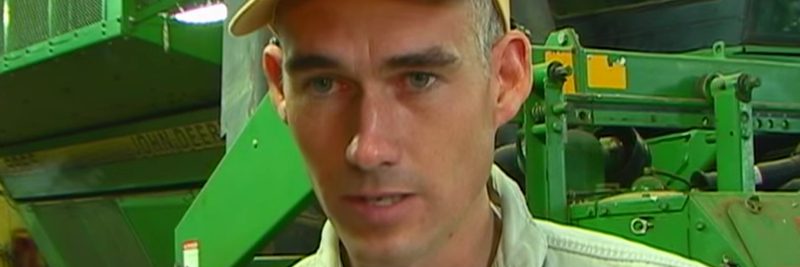Farming can be a tough business. One bad year of weather can wipe out a crop and thus destroy a farmer’s earnings. That’s what farm subsidies are designed to protect. It allows a farm to continue existing even if things don’t go their way for a season or two. Are subsidies a good thing? Here are some pros and cons to consider.
The Pros of Farm Subsidies
1. It reserves crop lands for future use.
The soil can only support crops for so long before it gets tired and worn out. Farm subsidies pay farmers to not grow anything some years to preserve one of our greatest natural resources.
2. It provides meaningful income.
Floods, drought, disease, and other issues affect farms on a yearly basis. By providing subsidies, a farm can still meet their debt obligations even if they don’t have a crop to harvest for some reason.
3. They are regionally specific.
Farmers must apply for subsidies that are available in their own region. This limits the potential for abuse because the subsidies are based on what the local community needs.
The Cons of Farm Subsidies
1. They don’t tend to help who they’re intended to help.
Although small farmers are awarded subsidies, it is the big corporate farms that generally cash in the most. This creates a business venture that is always profitable, even if the farm products being raised aren’t commercially viable.
2. They are limited.
There is only a certain pool of money that is made available for farm subsidies every year. Once that money runs out, there isn’t anything left for farmers who may not have applied for assistance.
3. They don’t always do the job.
Subsidies are supposed to be enough to get farmers through a tough season, but they don’t always manage to make that happen. We have more crop land, but fewer farmers, partially for this reason.
The farm subsidies pros and cons show we need to tinker with the system just a bit to make it more effective. If anything, we should put family farms first so they get a crack at the financial pie before big business. That way we can truly preserve the heartland and what it represents.
Crystal Lombardo is a contributing editor for Vision Launch. Crystal is a seasoned writer and researcher with over 10 years of experience. She has been an editor of three popular blogs that each have had over 500,000 monthly readers.


















